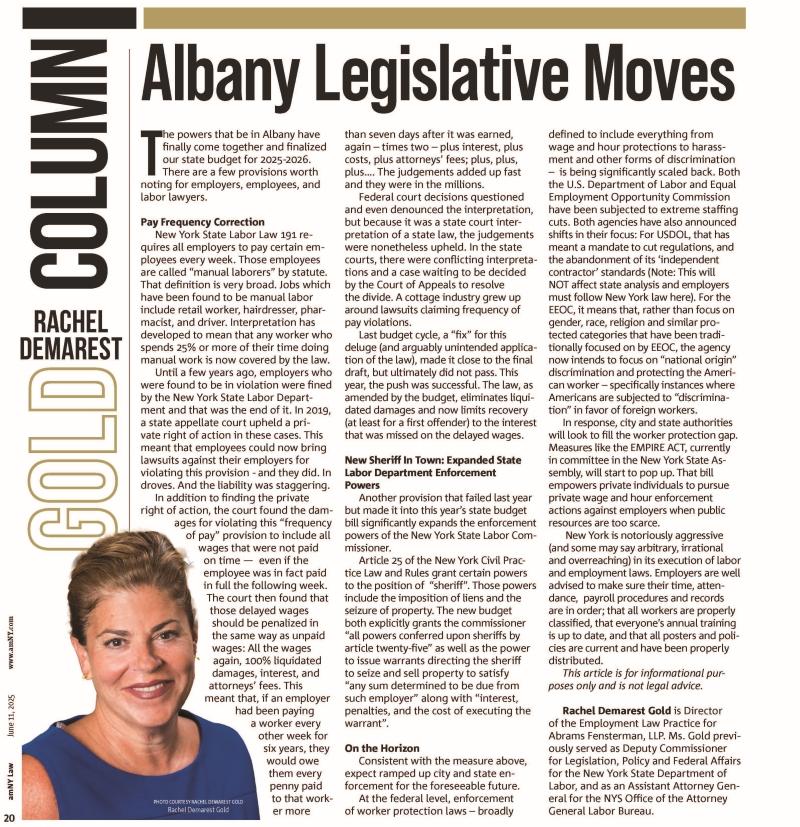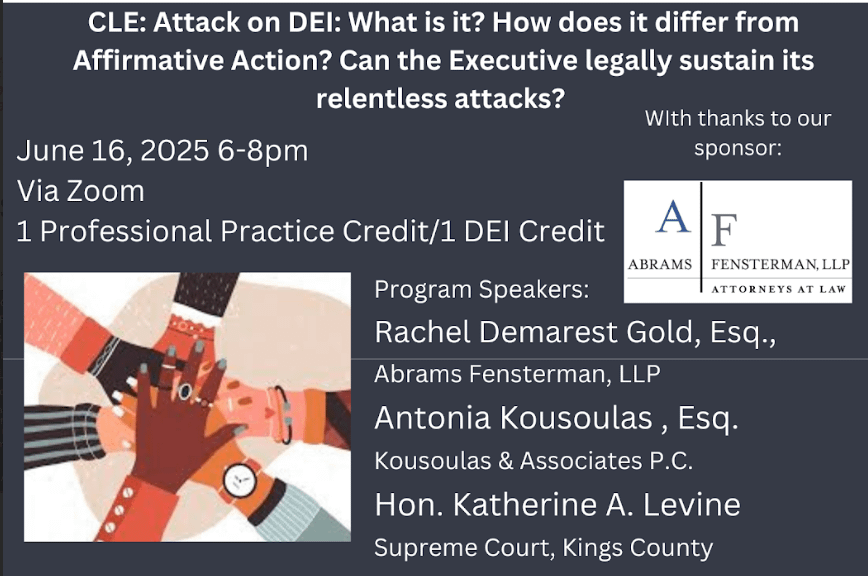
Frank V. Carone, Esq., Anthony Genovesi, Esq. & Joshua S. Stricoff, Esq.
Recently, the City of New York has been ramping up enforcement of its illegal transient occupancy laws. The City’s enforcement efforts are aimed at curbing illegal occupancies stemming from websites such as Airbnb. Curiously, the City is not going after the illegal short-term occupant or the individual illegally renting out his or her apartment. Rather, the City is ticketing-and sometimes even suing-the landlord of the building in which the illegal transient occupancy is occurring. Illegal transient occupancies present an extraordinary legal and financial risk to landlords, especially out-of-possession landlords. Luckily, there are measures that landlords can take to protect themselves in the face of City enforcement efforts.
First of all, what is an illegal transient occupancy?
The law on illegal transient occupancies is rather counter-intuitive. The State legislature did not enact a law specifically banning illegal transient occupancies. Instead, the legislature amended the statute that provides the definition for Class-A Multiple Dwellings, which are residential buildings where there are three or more individual units for rent. The “Class-A” designation is memorialized in a Certificate of Occupancy. Therefore, as a threshold matter, landlords owning buildings with two or less units for rent are not subject to the City’s enforcement efforts.
However, landlords owning buildings with three or more units for rent are subject to the enforcement efforts. Section 4.8.a. of the Multiple Dwelling Law restricts the use of Class-A Multiple Dwellings for only “permanent residence purposes.” This consists of occupancy of an apartment or other dwelling unit by the same individual or family for thirty consecutive days.
Click here for the full client alert.
Frank V. Carone – [email protected]
Anthony Genovesi – [email protected]
Joshua S. Stricoff – [email protected]





